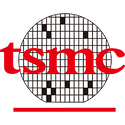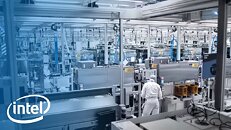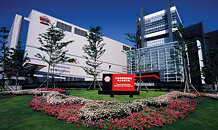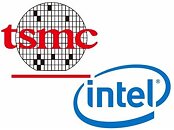China Pushes Adoption of Huawei's HarmonyOS to Replace Windows, iOS, and Android
According to ChinaScope, an effort is currently underway to strengthen Huawei's HarmonyOS platform's presence. The local government of Shenzhen has unveiled an ambitious program aimed at supercharging the development of native applications for the operating system. The "Shenzhen Action Plan for Supporting the Development of Native HarmonyOS Open Source Applications in 2024" outlines several key goals to foster a more robust and competitive ecosystem around HarmonyOS. One primary objective is for Shenzhen-based HarmonyOS apps to account for over 10% of China's total by the end of 2024. To facilitate this, the city plans to establish at least two specialized industrial parks dedicated to HarmonyOS software development across various application domains.
Furthermore, the initiative calls for over 1,000 software companies in Shenzhen to obtain HarmonyOS development talent qualifications, underscoring the city's commitment to cultivating a skilled workforce for the platform. Perhaps most impressively, the action plan encourages eligible companies to ramp up their outsourcing services for HarmonyOS app development, with a lofty target of reaching 500,000 HarmonyOS developers. This would represent a significant influx of developer talent focused on the platform if achieved. The Shenzhen government's push aligns with China's broader strategy to reduce reliance on foreign technologies and promote the adoption of domestic alternatives like HarmonyOS. While initially launched by Huawei as a workaround for U.S. sanctions, HarmonyOS has since expanded to power many devices, including smartphones, tablets, smartwatches, and TVs.
Furthermore, the initiative calls for over 1,000 software companies in Shenzhen to obtain HarmonyOS development talent qualifications, underscoring the city's commitment to cultivating a skilled workforce for the platform. Perhaps most impressively, the action plan encourages eligible companies to ramp up their outsourcing services for HarmonyOS app development, with a lofty target of reaching 500,000 HarmonyOS developers. This would represent a significant influx of developer talent focused on the platform if achieved. The Shenzhen government's push aligns with China's broader strategy to reduce reliance on foreign technologies and promote the adoption of domestic alternatives like HarmonyOS. While initially launched by Huawei as a workaround for U.S. sanctions, HarmonyOS has since expanded to power many devices, including smartphones, tablets, smartwatches, and TVs.













